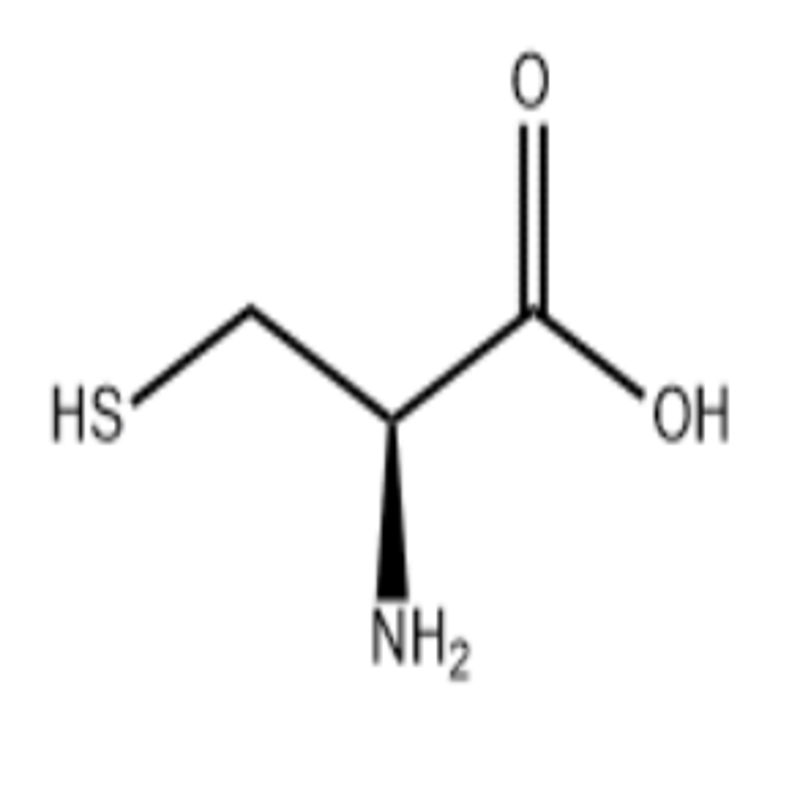Fear changes the neural circuits of the animal's brain and affects behavior
-
Last Update: 2021-02-26
-
Source: Internet
-
Author: User
Search more information of high quality chemicals, good prices and reliable suppliers, visit
www.echemi.com
, Aug. 10 (Xinhua) -- Fear from hunters can leave a quantifiable lasting mark on the brain neural circuits of wild animals and change animal behavior, according to a new Canadian study. Psychopsychology's so-called post-traumatic stress disorder is typical of this effect.
Researchers at the University of Western Ontario in Canada, writing in the British journal Scientific Reports, said they played audio replays of predators, such as falcons, to Blackhead for two days in a row, non-predator audio to the control group, and blackhead to live outdoors for the next seven days. Seven days later, the researchers played a warning recording of the black-headed encountering predators and found a persistent effect in the neural circuits of the frightened black-headed by measuring the levels of genetic transcription factors in the amygdala and sponge bodies in the brains of individual black-headed.
researchers say the experiments show that predator-triggered fears are not only confined to the moment animals see predators and make "resist or run for their lives" decisions, but are still quantified and observed seven days after the event ends.
more and more ecological researchers have suggested that post-traumatic stress disorder is in fact an evolutionary primitive mechanism that allows frightened people to put survival needs at the highest level. The researchers believe that the effects of predators' fear memories on animals could be an evolutionary advantage if they succeed in helping them avoid similar events in the future. The new study further shows that post-traumatic stress disorder is a natural phenomenon, which has great enlightenment for biomedical researchers, mental health practitioners and ecologists.
This article is an English version of an article which is originally in the Chinese language on echemi.com and is provided for information purposes only.
This website makes no representation or warranty of any kind, either expressed or implied, as to the accuracy, completeness ownership or reliability of
the article or any translations thereof. If you have any concerns or complaints relating to the article, please send an email, providing a detailed
description of the concern or complaint, to
service@echemi.com. A staff member will contact you within 5 working days. Once verified, infringing content
will be removed immediately.







